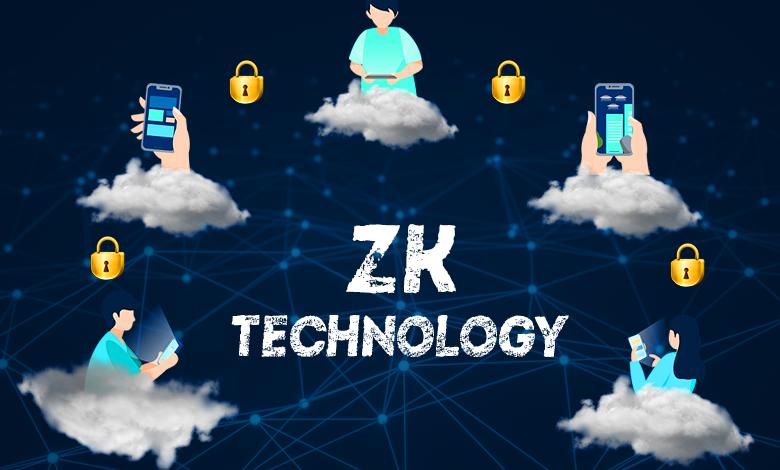CBDCs Are Inevitable, Shape Them With ZKPs

Central Bank Digital Currencies (CBDCs) are gaining popularity and are likely to become more widespread in the near future. However, the topic is filled with contradictions. While governments seek to leverage the benefits of blockchain technology and meet the growing demand for more secure and efficient payment infrastructure, members of the crypto community are wary of CBDCs, citing concerns around privacy violations and surveillance by government agencies.
Incorporating zero-knowledge proofs (ZKPs) for privacy in CBDCs
Blockchain technology also gave us the answer! one promising solution for achieving this balance is by incorporating zero-knowledge proofs (ZKPs) into the CBDC design. ZKPs are a technology that can help ensure privacy for individuals while still allowing businesses and financial institutions to transact securely. With ZKPs, it is possible to control business transactions while maintaining individual privacy and freedom.
To achieve a balance between privacy and security, it is essential to approach the development process with a clear understanding of the potential risks and benefits.
Using ZKPs in retail CBDCs to prevent illegal activities while maintaining privacy
Retail CBDC is intended for use by the general public and is meant to be used in everyday transactions. The design of a retail CBDC system must balance the need for privacy and anonymity with the need to prevent illegal activities such as money laundering and terrorist financing. This is where the use of zero-knowledge proofs (ZKPs) can become complex. Incorporating strong identity verification mechanisms and transaction monitoring systems that detect unusual transaction patterns or behaviors can help prevent illegal activities, while still maintaining some level of privacy. Additionally, transaction limits and restrictions on the types of transactions that can be made can be employed.
Balancing privacy and compliance in wholesale CBDCs
In contrast, wholesale CBDC is designed for use by financial institutions for large-value transactions such as interbank settlements. In the context of wholesale CBDC, there is less of a need for privacy and anonymity, as the users are financial institutions that are subject to extensive regulatory requirements. As such, implementing ZKPs in wholesale CBDC may not be as important as in retail CBDC, but there is still a need to prevent illegal activities and ensure compliance with regulations.
It is important to prevent illegal activities, but it is equally important to protect individual privacy and freedom. ZKPs can help achieve this balance by allowing individuals to transact without fear of surveillance or invasion of privacy. By enabling CBDCs to be more secure and privacy-respecting, we can encourage greater adoption and help ensure that CBDCs benefit society as a whole.
The promising potential of ZKPs in achieving a balanced CBDC design
In conclusion, incorporating ZKPs into CBDC design is a promising solution for achieving a balance between privacy and security. Governments and central banks should carefully consider this technology in their CBDC implementations and work to design CBDCs that are both secure and privacy-respecting. By doing so, we can create a payment system that aligns with the values of privacy and security and benefits society as a whole.





